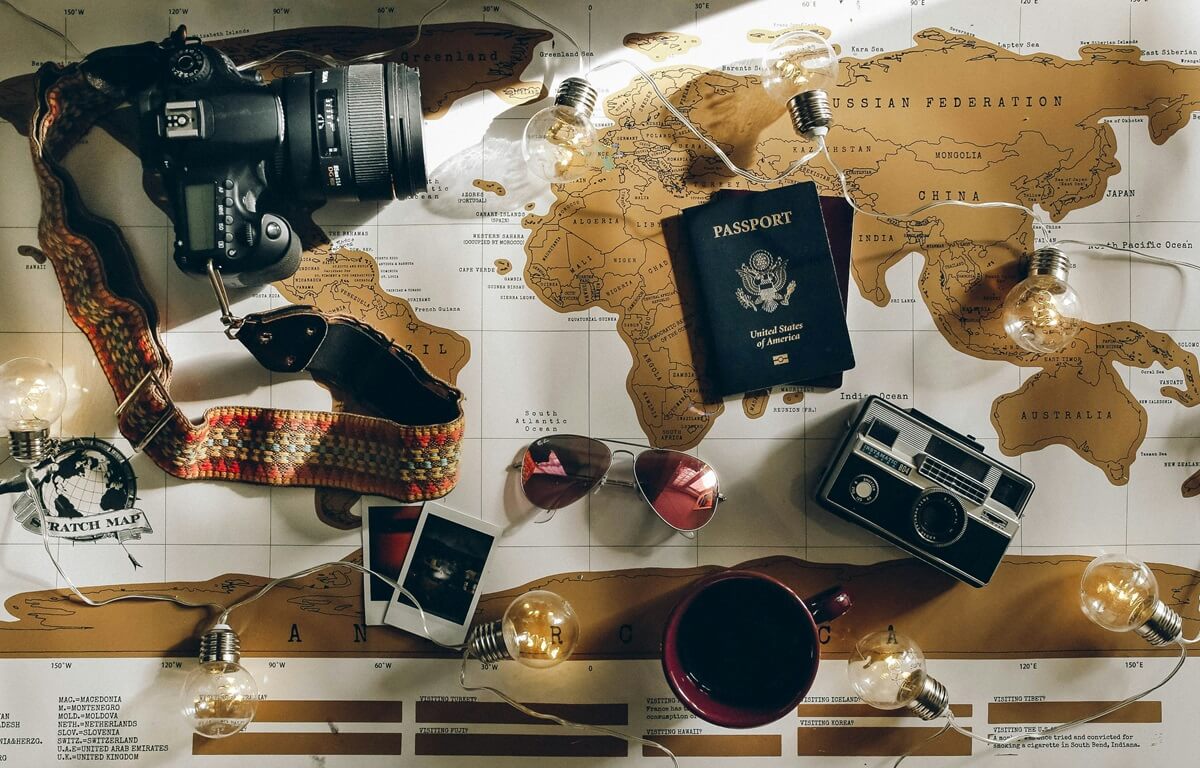
Traveling to new destinations offers a chance to be submerged in diverse cultures, try unique cuisines, and make memories that will last forever. But there’s one secret ingredient that really makes these experiences pop: learning the local language.
Though it may feel intimidating at first, learning even a few basic phrases can transform your trip from a tourist’s visit into a deeper cultural immersion. Here’s why learning the local language makes all the difference when traveling.
1. Connect with Locals on a Deeper Level
It helps you connect with people on a more human level. When you take the time to speak in the native tongue—even just a few words—people respond. Whether it’s saying hello and thank you, or ordering a meal in a restaurant without having to point at the menu, these small moments can spark a smile, a conversation, or even a friendship. In Japan, a polite Arigatou gozaimasu after receiving good service is often all it takes to break the ice with locals.
2. Learn About Local Culture
Language and culture are close friends. By learning one, you uncover something about the other: the values, traditions, and history of the place you’re visiting.
For example, phrases and idioms can reveal a unique worldview. In Italy—where community and relaxation are highly valued—the saying Dolce far niente (the sweetness of doing nothing) reflects a philosophy about savoring life’s simple pleasures.
3. Navigate with Confidence
Getting lost may be an adventure, but knowing the language makes it far easier to find your way through unfamiliar places. You can ask for directions, read signs, or even decipher public transport schedules without relying on your smartphone.
This confidence to get around frees you to explore otherwise inaccessible, off-the-beaten-path destinations.
4. Unlock Unique Opportunities
When you speak the language, it opens doors to experiences that tourists who don’t know the language might miss. Locals may invite you to family gatherings, share inside information, or guide you to hidden spots you’d never find on your own.
For instance, knowing some basic Spanish could lead to an invitation to a traditional asado in Argentina, while learning French might let you join a wine tasting event in a small town in rural France.
5. Enhance Your Culinary Adventures
Food is central to any form of travel, and language can enhance that experience even more. Understanding a menu or asking about dishes in the local tongue will help you notice culinary delights you might otherwise skip.
Moreover, chatting with chefs, market vendors, or restaurant staff about the food adds depth to your meal. It’s not just about flavor—you taste the story behind every dish.
6. More Immersion and Independence
Relying on translation apps or guidebooks creates a barrier between you and the place you’re visiting. Even speaking a language at a basic level makes you feel less like an outsider.
This, in turn, fosters greater independence and helps you appreciate the everyday little things you encounter abroad.
How to Get Started Learning a Language for Travel
- Set Realistic Goals: Focus on key phrases and vocabulary you’ll actually need (greetings, numbers, directions).
- Leverage Language Learning Apps: Apps like bunpo offer clear grammar explanations, interactive exercises, and multi-language support—making it easy to practice on the go and boost your confidence while traveling.
- Practice Speaking: Find a language exchange partner or attend local meetups for real speaking practice before your trip.
- Immerse Yourself: Watch movies, listen to music, or read simple books in your target language to get comfortable with pronunciation and usage.
Conclusion
Speaking a language enriches your travel experiences by deepening connections, broadening cultural understanding, and opening the door to new adventures. It doesn’t matter if you’re fluent or just know the basics—every little bit counts. So before you pack your bags, invest some time to learn a few words in the local language.
Not only will this make your journey more meaningful, but it may also leave a lasting impression on the people you meet. Traveling isn’t just about what you see; it’s about the connections you make. And language is a key to those connections.
What language would you like to learn for your next trip? Share your travel goals in the comments below!



